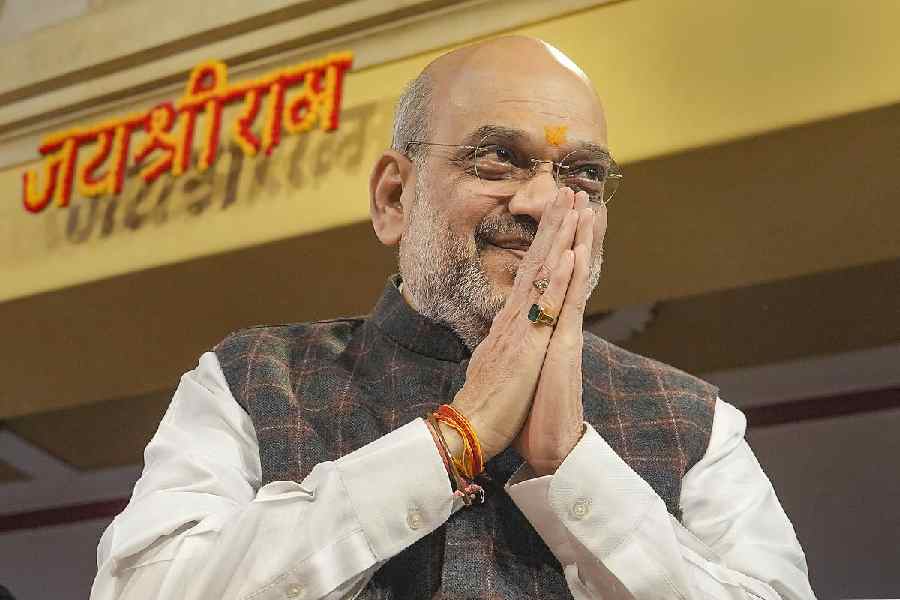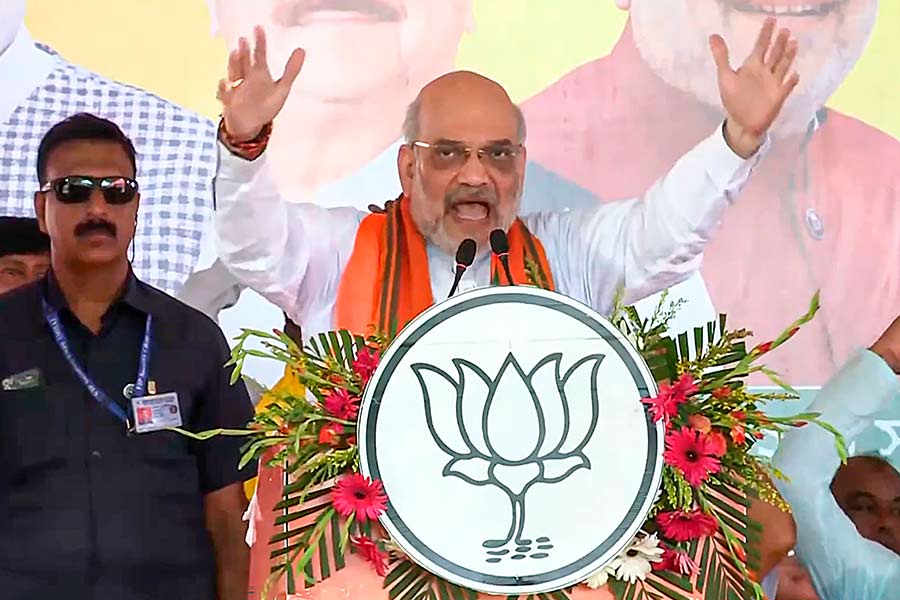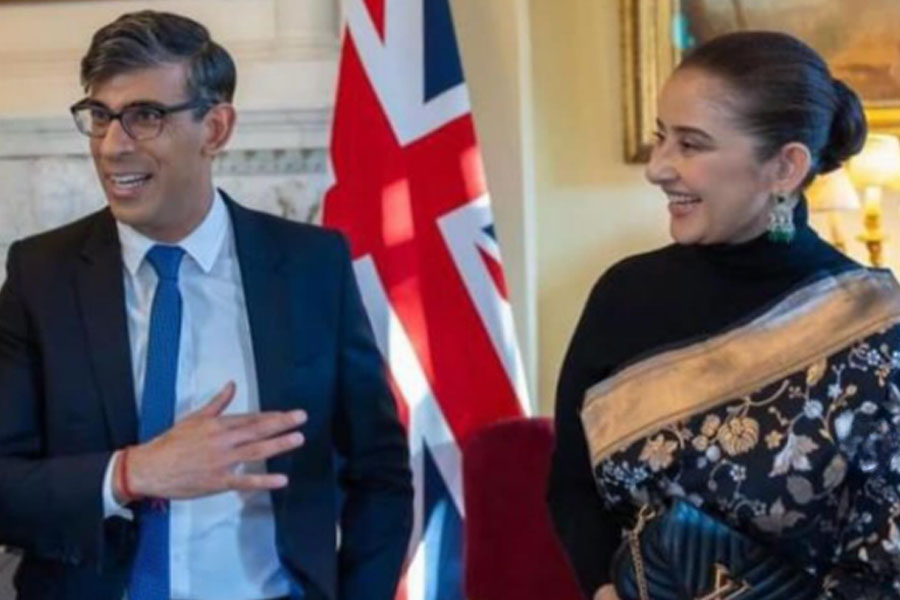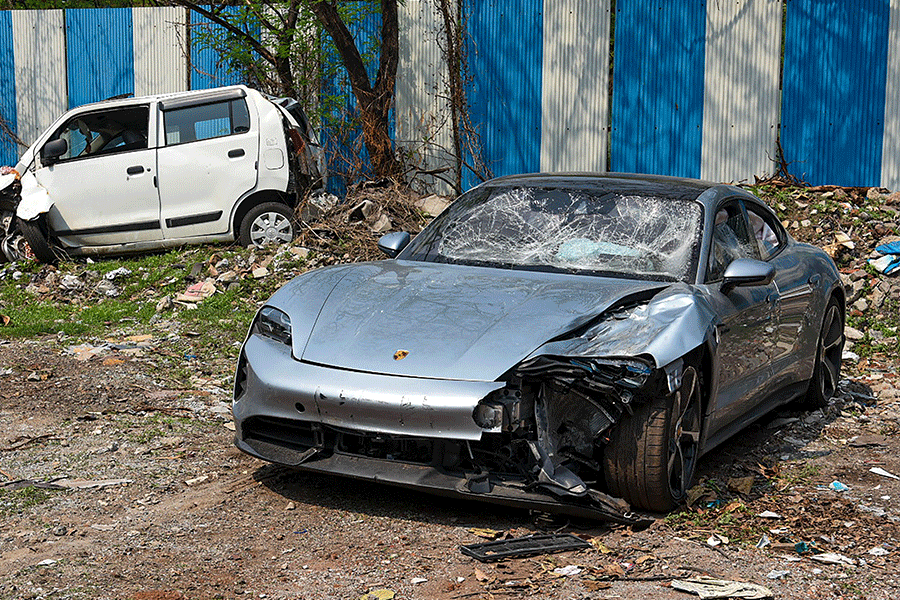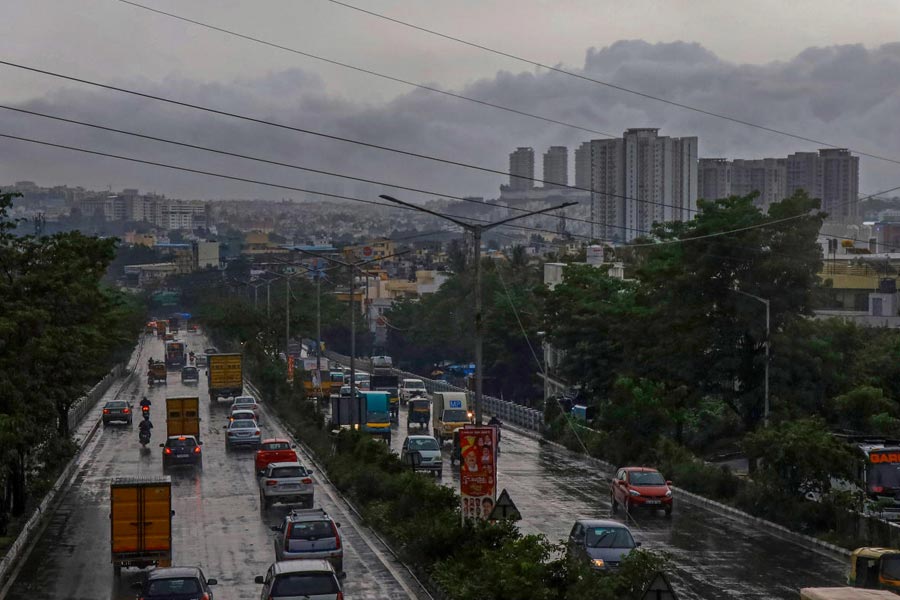India’s plan to fence its entire border with Myanmar, as announced by the Union home minister, Amit Shah, last Saturday marks the end of a decades-long commitment by New Delhi to allow relatively free movement of people from both sides who share family and ethnic ties. While a border fence has long been sought by security agencies, the move to build it now poses questions on New Delhi’s responsibilities towards its own citizens, its relationship with the military junta that rules Myanmar, and Indian federalism. The free movement regime has allowed people to cross the border up to 16 kilometres for a day without any documents, and up to 72 hours with permits issued by the authorities. It has particularly benefited the Kuki-Zo community that lives on both sides of the border. But as New Delhi has failed to stem the violence that has raged in Manipur since May last year, the government of the state has repeatedly accused illegal Kuki-Zo immigrants from Myanmar of stoking tensions between the ethnic community’s local population and the majority Meitei community. The Manipur government has backed the plan to fence the border. Yet, there is little evidence to suggest that such a move would stop the violence in Manipur at a time when the state and central governments refuse to acknowledge and correct their own documented biases and failures in dealing with the crisis.
Even as India plans to seal its border with Myanmar, the government of Prime Minister Narendra Modi appears content to continue with a business-as-usual attitude towards the rulers of the neighbouring nation. If, indeed, Myanmar is failing to help India maintain security along their 1,643 km border, New Delhi needs to rethink that relationship with a regime whose brutal crackdown on the Opposition, dissenters and multiple ethnic minorities is amplifying a refugee crisis that, in turn, affects India. Within India, Mr Modi’s government must also recognise that a fence will compound the humanitarian challenges for communities on both sides of the border. The governments of Mizoram and Nagaland, states that have significant Kuki-Zo populations, have opposed the fence. Mr Modi’s regime must consult and convince the impacted states about the need for a fence before proceeding with it. If the aim of the initiative is to strengthen India’s security, the government must avoid any step that deepens not only internal fissures along ethnic or state lines but also the stress on federalism.

